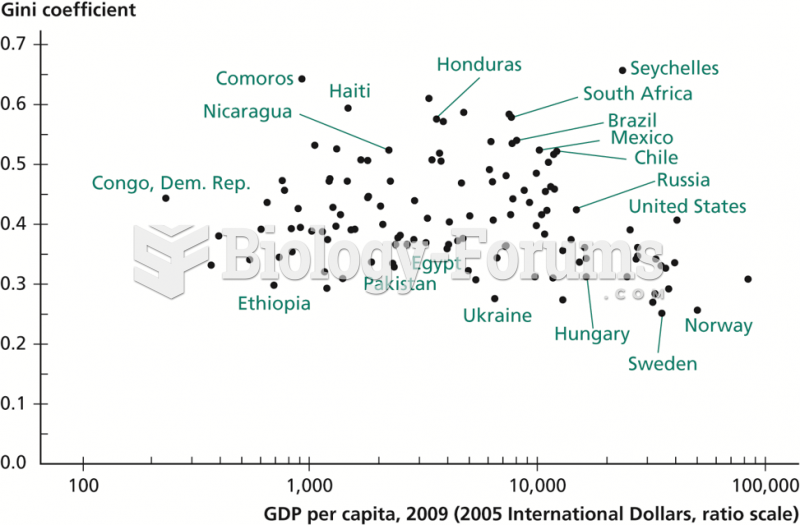Answer to Question 1
Homelessness is a major problem in the United States. The lack of affordable housing
is a pressing concern for many low-income individuals and families. With the
economic prosperity of the 1990s, low-cost housing units in many cities were replaced
with expensive condominiums and luxury single-family residences for affluent people.
Since then, housing costs have remained high compared to many families' ability to
pay for food, shelter, clothing, and other necessities. The economic crisis of the 2000s
contributed to increased numbers of foreclosures that have placed more families in
danger of becoming homeless.
Lack of affordable housing is one consequence. Another concern is substandard
housing.
Answer to Question 2
Health maintenance organizations (HMOs) were created in an effort to provide
workers with health coverage by keeping costs down. Health maintenance
organizations provide, for a set monthly fee, total care with an emphasis on prevention
to avoid costly treatment later. The doctors do not work on a fee-for-service basis, and
patients are encouraged to get regular checkups and to engage in good health practices
(exercise and eating properly). As long as patients use only the doctors and hospitals
that are affiliated with their HMO, they pay no fees, or only small co-payments, beyond
their insurance premiums. Managed care is another approach to controlling health care
costs in the United States. Managed care is any system of cost containment that
closely monitors and controls health care providers' decisions about medical
procedures, diagnostic tests, and other services that should be provided to patients.
Patients choose a primary-care physician from a list of participating doctors. When
patients need medical services, they must first contact the primary-care physician if a
specialist is needed for treatment, the primary-care physician refers the patient to a
specialist who participates in the program. Doctors must get approval before they
perform certain procedures or admit a patient to a hospital if they fail to obtain such
advance approval, the insurance company has the right to refuse to pay for the
treatment or hospital stay.







